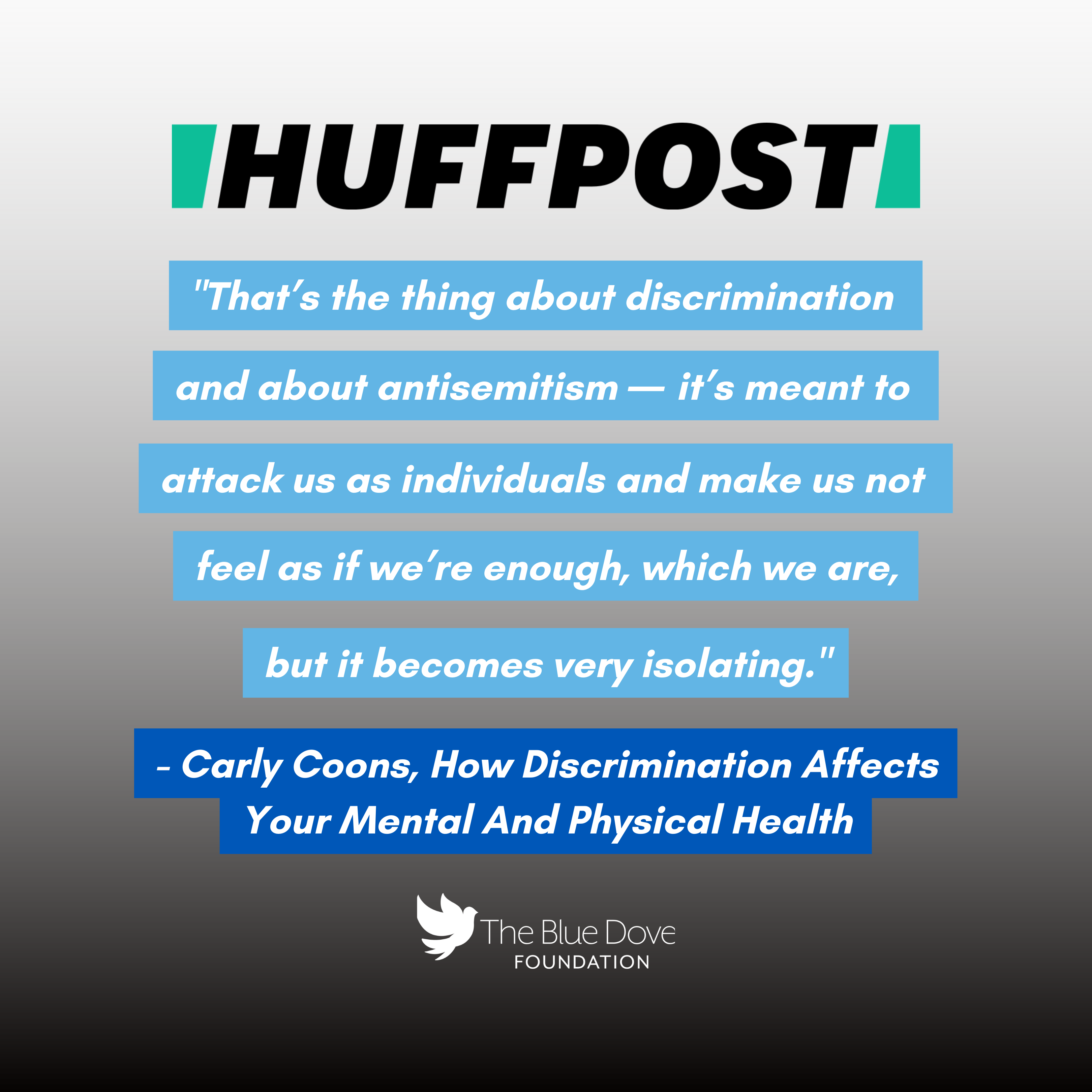Written in Partnership with In the City Camps: Despite increased awareness of mental illness among their caregivers, many children and teens are still struggling with untreated or undertreated mental health issues, according to the World Health Organization (WHO). Approximately 14 percent of 10- to 19-year-olds currently are experiencing a mental health condition such as depression and/or anxiety.








